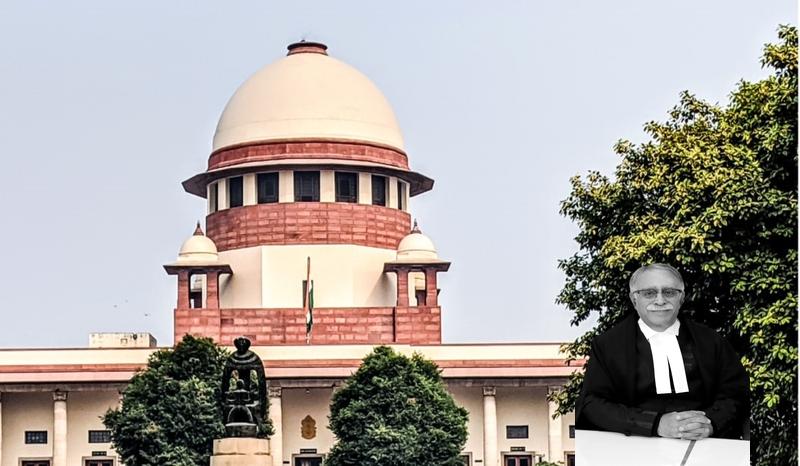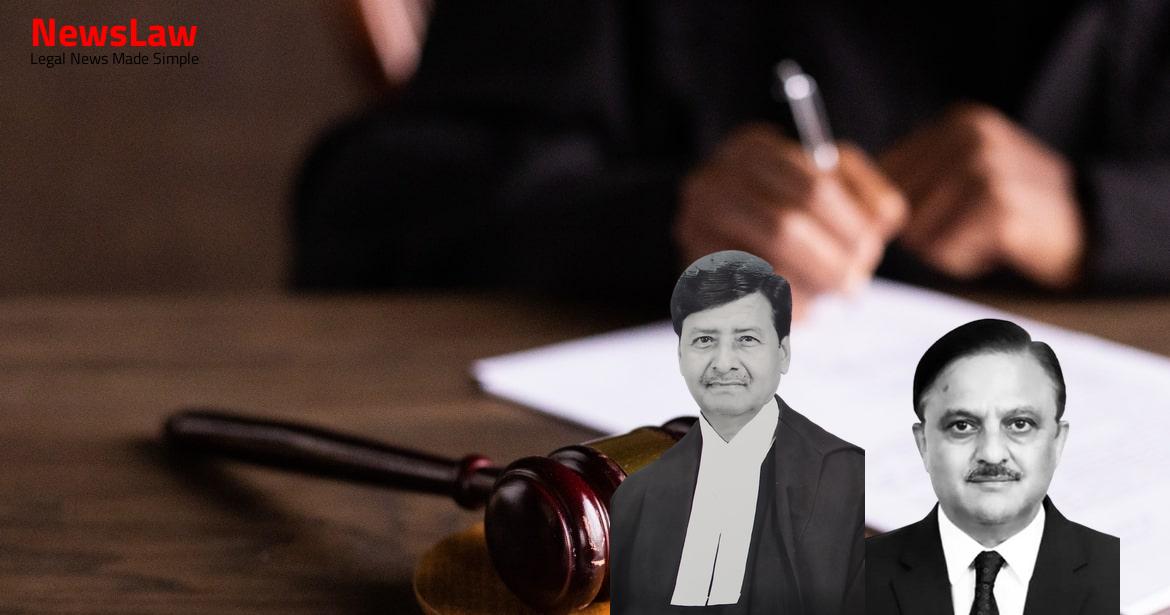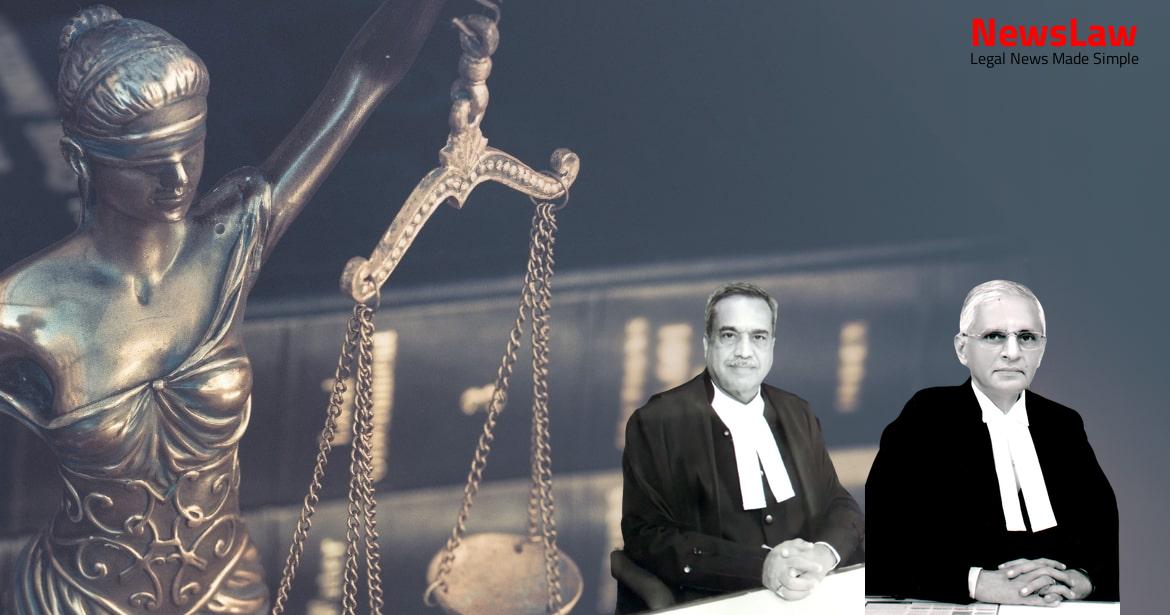The Appellant contends that the workmen were treated as temporary despite completing 240 days in service in terms of the Model Standing Order provided under the Bombay Industrial Employment (Standing Orders) Rules, 1959 (hereinafter referred to as “Bombay Model Standing Order”) and despite the nature of the work being permanent and regular.
Also Read: https://newslaw.in/supreme-court/legal-analysis-of-appeal-against-order-of-commissioner-of-payments/
In the said charter of demands, Bhartiya Kamgar Sena gave up the demand for the grant of permanency and a comprehensive settlement dated 02.05.2002 was signed as a package deal that conferred many benefits on the workmen who gave up the said demand.
After hearing learned counsel of the parties at great length, the following issues arise for our consideration: – Which is the Appropriate Authority empowered to issue the Standing Order(s) under the Industrial Employment (Standing Orders) Act, 1946 (hereinafter referred to as ‘The Act’)? Insofar as those establishments in respect of which the appropriate Government is the Central Government, the Industrial Employment (Standing Orders) Central Rules, 1946, stand framed. Therefore, the employer and workman cannot enter into a contract overriding the statutory contract embodied in the certified Standing Orders.
The intendment underlying the Act and the provisions of the Act enacted to give effect to the intendment and the scheme of the Act leave no room for doubt that the Standing Orders certified under the 1946 Act become part of the statutory terms and conditions of service between the employer and his employee and they govern the relationship between the parties.”
The terms of employment specified in the Standing Order would prevail over the corresponding terms in the contract of service in existence on the enforcement of the Standing Order……..
Also Read: https://newslaw.in/supreme-court/promotion-policy-for-rank-of-avm-in-indian-air-force/
It plainly follows from Sections 4, 10 and 13(2) that the inconsistent part of the special agreement cannot prevail over the Standing Order.
(2-Judge Bench) held that any condition of service, if inconsistent with certified standing orders, would not prevail, as the certified standing orders would have precedence over all such agreements. The High Court, while upholding the order of the CGIT, held that the mere completion of 240 days would not entitle the members to claim permanency under the Model Standing Order given the settlement and, more specifically, Clause 18 thereof. Thus, it becomes pertinent to reproduce and analyse relevant Clauses of the Bombay Model Standing Order, which reads as follows: 9 “ Clause 4C- A badl y or temporary workman who has put in 190 days’ uninterrupted service in the aggregate in any establishment of seasonal nature or 240 days ‘uninterrupted service’ in the aggregate in any other establishment during a period of preceding twelve calendar months, shall be made permanent in that establishment by order in writing signed by the Manager, or any person authorised in that behalf by the Manager, irrespective of whether or not his name is on the muster roll of the establishment throughout the period of the said twelve months.”
“ Clause 32: Nothing contained in these Standing orders shall operate in derogation of any law for the time in force or to the prejudice of any right under the contract of service, custom or usage or an agreement settlement or award applicable to the establishment.” A cumulative reading of aforesaid clauses reveals that a workman who has worked for 240 days in an establishment would be entitled to be made permanent, and no contract/settlement which abridges such a right can be agreed upon, let alone be binding.
Also Read: https://newslaw.in/supreme-court/differences-between-parties-and-witnesses-in-a-civil-suit/
OKA)
Case Title: BHARTIYA KAMGAR KARMACHARI MAHASANGH Vs. M/S. JET AIRWAYS LTD. (2023 INSC 646)
Case Number: C.A. No.-004404-004404 / 2023



